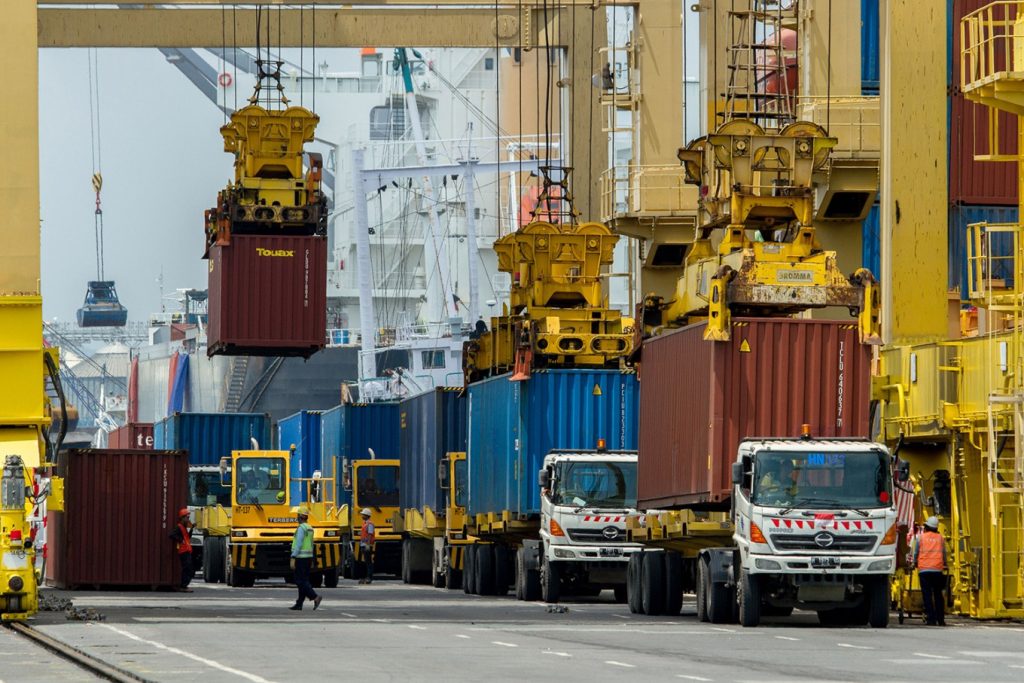
Imagine this: you successfully sell your local product to another country, only to find out that both your country and the destination country want to tax the same income. Ouch. This is called double taxation, and it can seriously reduce your profits.
But here’s the good news: many governments sign Double Taxation Agreements (DTAs) to prevent this. For exporters, understanding and using DTAs can lead to lower tax burdens and smoother international transactions. Here’s how these agreements can work in your favor.
1. Avoid Paying Tax Twice on the Same Income
The core benefit of a DTA is that it helps exporters avoid being taxed in both countries. Usually, the agreement outlines which country has the primary right to tax certain types of income—like business profits, dividends, or royalties.
Example:
If you’re based in Indonesia and export to Germany, the Indonesia–Germany DTA may let you pay income tax only in one country (or allow a tax credit system so you’re not taxed twice).
2. Lower Withholding Tax Rates
Some countries charge withholding tax on payments like royalties, dividends, or interest. A DTA usually reduces these rates, making it cheaper to do business internationally.
Why it matters:
Lower withholding tax means you keep more of your revenue. This is especially helpful if you’re licensing products, using IP (intellectual property), or receiving international payments.
3. Boost Credibility with Global Partners
Doing business under a DTA framework adds legal clarity and reduces financial risks. This makes you more attractive to international buyers, distributors, and investors.
Pro tip:
Mentioning your country’s DTA network in business pitches shows you’re export-ready and understand the global playing field.
4. Simplify Cross-Border Tax Compliance
DTAs come with clear guidelines about:
- Permanent establishments
- Tax residency
- Where profits should be taxed
Following these rules can reduce confusion and lower the risk of penalties, audits, or delays in payments.
Bonus: Many DTAs also include dispute resolution mechanisms if tax authorities from two countries disagree.
5. Incentivize Expansion to New Markets
Countries with a strong DTA network offer more opportunities for safe, cost-efficient global expansion. As an exporter, you can prioritize targeting markets where DTAs are already in place.
Strategy tip:
Before entering a new country, check if your home country has a DTA with it. This could make a big difference in your pricing strategy and profit margins.
Conclusion
Double Taxation Agreements aren’t just legal documents—they’re powerful tools for local exporters. By reducing tax burdens, increasing certainty, and improving global competitiveness, DTAs make it easier for small businesses to thrive in international markets. If you’re planning to go global, don’t overlook the tax benefits waiting in these agreements.









